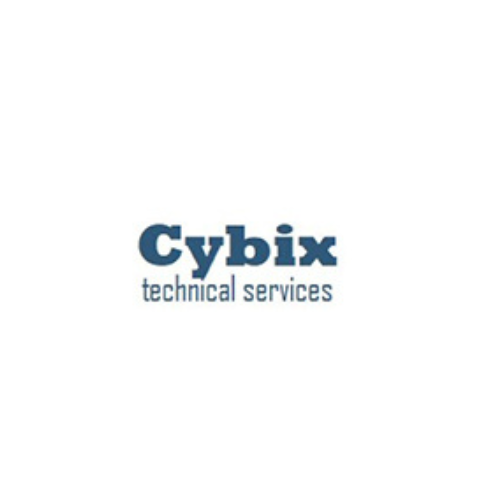Leveraging Document Management Solutions for Better Data Security

In an era of increasing data breaches and cyber threats, keeping sensitive information secure is of the utmost importance to employees. Using a document management system (DMS) can enhance data security by providing robust features and processes to protect against unauthorized access, data loss, and other security risks Here's how the benefits of a DMS can improve data security.
1. Access Control and Permissions
Role-Based Access: A DMS allows businesses to implement role-based access control (RBAC), ensuring that only authorized personnel have access to specific documents. This minimizes the risk of unauthorized access and data breaches.
Granular Permissions: Administrators can set granular permissions to control who can view, edit, share, or delete documents. This level of control helps maintain the integrity of sensitive information by restricting actions based on user roles and responsibilities.
2. Encryption and Secure Storage
Data Encryption: A robust DMS employs encryption techniques to protect data at rest and in transit. By encrypting documents, businesses ensure that even if data is intercepted or accessed without authorization, it remains unreadable and secure.
Secure Cloud Storage: Cloud-based DMS solutions offer secure storage options with built-in security measures such as redundancy, regular backups, and disaster recovery plans. This protects data from physical damage, loss, and unauthorized access.
3. Audit Trails and Monitoring
Activity Tracking: A DMS provides detailed audit trails that track all user activities related to document access, modification, and sharing. This transparency allows administrators to monitor actions, identify suspicious behavior, and maintain accountability.
Real-Time Alerts: Advanced DMS solutions offer real-time alerts for unusual activities, such as multiple failed login attempts or unauthorized access attempts. These alerts enable swift responses to potential security threats.
4. Compliance and Regulatory Adherence
Automated Compliance: Many industries are subject to strict regulations regarding data protection and document management. A DMS helps businesses comply with these regulations by automating document retention policies, providing secure storage, and maintaining audit trails.
Policy Enforcement: A DMS can enforce data security policies across the organization, ensuring that all employees adhere to best practices for data protection. This reduces the risk of non-compliance and associated penalties.
5. Data Backup and Recovery
Regular Backups: A reliable DMS performs regular data backups, ensuring that documents are protected against accidental deletion, corruption, or loss. In the event of a data breach or system failure, businesses can quickly restore documents from backups.
Disaster Recovery: Advanced DMS solutions include disaster recovery plans that provide swift and efficient recovery of documents in case of catastrophic events. This minimizes downtime and ensures business continuity.
6. User Training and Awareness
Security Training: Implementing a DMS is only part of the solution; businesses must also train employees on data security best practices. A DMS can include training modules and reminders to keep security awareness high among users.
Regular Updates: Ensuring that the DMS and all associated software are regularly updated is crucial to protect against new and evolving security threats. Regular updates and patches address vulnerabilities and enhance the system’s security features.
Conclusion
Taking advantage of a document management system is a creative way to increase data security in an organization. DMS provides comprehensive protection of sensitive information by implementing features such as access controls, encryption, audit trails, compliance automation, and robust backup solutions In addition, employee training and restructuring regular maintenance is essential to ensure the proper functioning of this safety system. Investing in a DMS not only protects critical data but also builds trust and confidence among customers, partners and stakeholders.

- Industry
- Art
- Causes
- Crafts
- Dance
- Drinks
- Film
- Fitness
- Food
- Games
- Gardening
- Health
- Home
- Literature
- Music
- Networking
- Other
- Party
- Religion
- Shopping
- Sports
- Theater
- Wellness
- News


